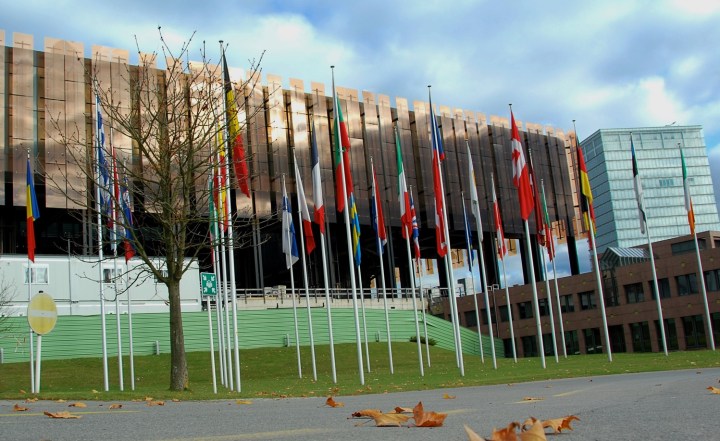
The warning comes from the European Commission, the EU’s executive arm. Several U.S. technology and social media companies had originally come to an arrangement earlier this year, agreeing on a code of conduct that involved taking action against hate speech within 24 hours. However, the Commission is unhappy with the progress that has been made so far, especially in the face of the refugee crisis, which has stoked the flames of hate speech on platforms like Facebook and Twitter.
Věra Jourová, the EU’s justice commissioner, said that adherence to the code of conduct has been unsatisfactory, claiming that only 40 percent of cases were actually dealt with in 24 hours.
“After 48 hours, the figure is more than 80 percent. This shows that the target can realistically be achieved, but this will need much stronger efforts by the IT companies,” said a spokesperson.
Jourová told the Financial Times that new laws may be necessary to motivate companies to act faster. “If Facebook, YouTube, Twitter, and Microsoft want to convince me and the ministers that the nonlegislative approach can work, they will have to act quickly and make a strong effort in the coming months,” she said.
According to the commission, responses to incidents of hate speech and racist rhetoric have been patchy across the continent. Such posts are removed in France and Germany 50 percent of the time, but the rates are as low as 11 percent in Austria and 4 percent in Italy.
In Germany, hate speech on Facebook has been a particularly controversial matter. Most recently, a far-right group published a list called “Jews Among Us” on the anniversary of Kristallnacht, a 1938 incident where Nazis in Germany torched synagogues, vandalized Jewish homes, schools and businesses, and killed close to 100 Jews. The list featured the names and addresses of Jewish people and businesses in Berlin. Some people on the list received threats, and Facebook was reportedly slow to react initially before eventually deleting the page.
The EU’s justice ministers will be meeting this week to discuss Silicon Valley companie’s actions on hate speech in more detail.
The EU in general has been getting stricter against Silicon Valley firms recently, with antitrust investigations against Google and a $14.5 billion unpaid taxes bill against Apple in Ireland.


